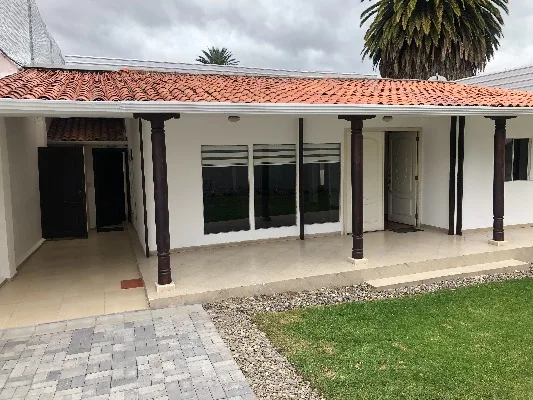Concerns grow about China’s focus on environmentally ‘dirty’ projects in Ecuador
Earlier this month, Ecuador and China agreed to upgrade their relationship to that of a “Comprehensive Strategic Partnership”. But what are the practical implications of this for the financial and energy sectors in Ecuador?
Specifically, how do they impact Ecuador’s environment.

China has been essential to helping Ecuador access capital and transition its energy mix. In return, Ecuador has been an important customer for Chinese banks and companies. Since 2009, Ecuador has received US$4.26 billion (29.5 billion yuan) from the Inter-American Development Bank (IDB), and US$3.8 billion (26.3 billion yuan) from the Development Bank of Latin America [Corporación Andina de Fomento (CAF)]. However, this pales in comparison to the US$13.7 billion (94.8 billion yuan) from Chinese banks. Currently, Ecuador’s external debt is greater than in 2008, when President Correa famously defaulted, deeming repayment to creditors impossible.

President Rafael Correa with China’s Xi in November.
Chinese loans, among others, have resulted in a dramatic increase in electricity projects in Ecuador. According to President Correa, Ecuador now has one of the cleanest energy mixes in the world. But this claim deserves closer scrutiny.
Major hydroelectric projects such as Coca Codo Sinclair near Quito have enormous environmental impacts, especially those in tropical forests. There is robust scientific evidence to support this. So much so, in fact, that the US Exim Bank banned the funding of large dams in 2014.
Chinese investment in renewables such as wind and solar is limited. A mere 1.2% of Chinese funding for power generation in Ecuador has been directed towards wind energy projects and no funds have gone into solar energy.
Significant investment also continues to flow into high carbon projects. It will be impossible to “clean” the domestic (and global) energy mix if the Ecuadorian government, supported by China, continues to expand the oil frontier into the mega-biodiverse Yasuní National Park, and develops the mammoth Pacific Refinery project, which aims to be the largest refinery on the Pacific coast in Latin America.
The Export-Import Bank of China (Chexim) and China Development Bank have provided US$2.9 billion (20 billion yuan) for six of the ten hydroelectric plants that have been built in the country. However, Chinese companies developing these six projects have received US$4.7 billion (32.5 billion yuan) for the construction of these dams and other supplementary works. These deals, combined with others for the construction of roads, bridges, hospitals and schools, mean Chinese companies are the main recipients of public works contracts in Ecuador.
In addition, Chinese companies are becoming more active in mining projects in Ecuador, including large open-pit mines. In late November, protests by Ecuadorian indigenous communities turned violent when they tried to reclaim land the claimed was taken from illegally for mining operations.
Ecuador needs to re-invent its relationship with China. In recent years, China has taken impressive steps towards “greening” its economy and promoting renewable energy. The latest green policies of the Chinese banking system, including a commitment to close coal production plants and provide state support to establish the largest solar panel factory in the world, are just a few examples of China’s capabilities.
A focus on environmentally sound, low carbon projects that deliver real economic benefits to Ecuadorians must be at the heart of the China-Ecuador relationship if the two countries wish to establish a truly meaningful Comprehensive Strategic Partnership.
__________________
Credit: Diálogo Chino, 博客, www.chinadialogue.net





















